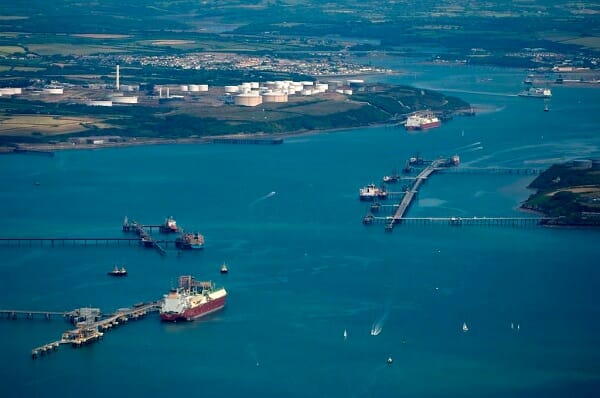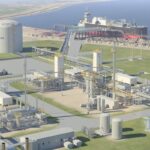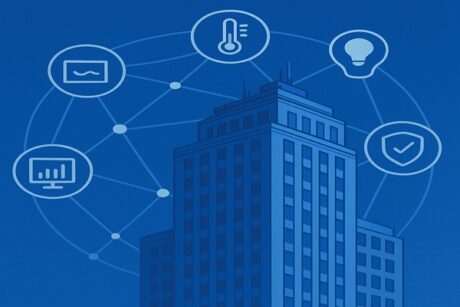- Course No E – 1591
- PDH Units 6.00
No data found for Custom Course Number
No data found for Custom Course Units
- Course No E – 1591
- PDH Units 6.00
Intended Audience: civil, mechanical, environmental, and electrical engineers
PDH UNITS: 6
Explore marine energy concerns and effective mitigation methods to reduce the environmental effectives of marine energy in our online course developed by Dr. Rossow. Energy can be extracted from the motion of waves, tides, rivers, ocean currents, and the temperature differences between water at the ocean surface and water far below. In the search for sustainable energy sources, these marine and “hydrokinetic” (concerned with kinetic energy of the motion of water) technologies are attracting increasing attention. As these technologies are studied more, however, many potential environmental concerns have arisen. The list is lengthy: plant and animal habitats will be altered when wave heights or velocities are changed. Bottom-dwelling organisms will be affected by sediment transport and deposition. Marine construction activities will generate underwater sounds sufficiently loud to drive away or actually kill some species of animals. Electromagnetic fields associated with generating devices and cables may interfere with species that depend on sensing electric fields for identifying prey or on sensing magnetic fields for navigation. Anti-biofouling coatings applied to structures may be toxic to some species. Moving turbine blades may strike and kill fish just as wind turbines kill birds. The transfer of large volumes of water between the ocean surface and depth will affect water temperatures, proportions of dissolved solids, nutrient content, and gas concentrations. This course is based on the U. S. Department of Energy document, “Report to Congress on the Potential Environmental Effects of Marine and Hydrokinetic Energy Technologies,” December, 2009.
Learning Objectives
At the successful conclusion of this course, you’ll be able to identify and discuss:- Alteration of currents and waves caused by hydrokinetic technologies
- Issues associated with altering bottom substrates, sediment transport, and sediment deposition
- Changes in benthic (bottom of the water body) habitats
- Principles and effects on animals of underwater noise
- Effects of electromagnetic fields on animals
- Need for care in introducing chemicals such as oils or anti-fouling coatings into the marine environment
- Threat of injuries and fatalities related to the striking of animals by moving blades
- Side effects of transffering large quantities of water between ocean depths in ocean thermal energy conversion
- Mitigation strategies for the different types of energy extraction devices
Once completed, your order and certificate of completion will be available in your profile when you’re logged in to the site.










